15kw Heater
A 15kW heater for a swimming pool is a vital component for maintaining optimal water temperature, ensuring comfort, and extending the swimming season. In this detailed description, we’ll explore the functionality, benefits, installation considerations, and maintenance aspects of such a heater.
Introduction to Pool 15kw Heater
Pool heaters are designed to regulate water temperature, allowing users to enjoy their pools comfortably throughout the year, regardless of external weather conditions. A 15kW heater refers to its heating capacity, indicating it can generate 15 kilowatts of heat per hour. This is suitable for moderate-sized residential pools and can be used for both indoor and outdoor pools.
Types of Pool 15kw Heater
- Electric Heaters: These heaters use electric resistance coils to generate heat. They are easy to install and operate efficiently but may have higher operating costs compared to other types.
- Heat Pumps: Heat pumps transfer heat from the surrounding air to the pool water using a compressor and refrigerant system. They are energy-efficient but can be more expensive upfront.
- Gas Heaters: Typically powered by natural gas or propane, these heaters provide rapid heating and are suitable for all pool sizes. They are cost-effective for heating large volumes of water quickly.
Functionality and Operation 15kw Heater
A 15kW electric pool heater operates by passing water through a heating element, which heats the water as it circulates back into the pool. Here’s a step-by-step explanation of its operation:
- Water Circulation: Pool water is circulated through the filtration system, ensuring it is clean and free of debris.
- Heating Element: Inside the heater, an electric resistance element (usually made of stainless steel or titanium) heats up when electricity passes through it.
- Temperature Control: The heater is equipped with a thermostat to regulate water temperature. Users can set their desired temperature, and the heater will maintain it by cycling on and off as needed.
Benefits of Using a 15kW Heater
- Extended Swimming Season: With a pool heater, you can enjoy your pool earlier in the spring and later in the fall, extending the swimming season beyond just the summer months.
- Comfort: Maintaining a consistent water temperature enhances comfort, making swimming more enjoyable for users of all ages.
- Flexibility: Electric heaters are versatile and can be installed in various locations, including near the pool or integrated into the existing plumbing system.
- Ease of Use: Once installed, electric pool heaters require minimal maintenance and can be operated with simple controls.
Installation Considerations 15kw Heater
Installing a 15kW pool heater involves several key considerations:
- Location: Choose a location close to the pool equipment pad to minimize plumbing and electrical installation costs.
- Electrical Requirements: Ensure the electrical supply meets the heater’s specifications. Most electric heaters require a dedicated circuit and proper grounding.
- Plumbing Connections: Integrate the heater into the pool’s plumbing system to facilitate efficient water flow and heating.
- Safety: Follow all local building codes and safety regulations when installing the heater, especially regarding electrical connections and venting for gas heaters.
Maintenance Requirements 15kw Heater
To ensure optimal performance and longevity of your pool heater, regular maintenance is essential:
- Cleaning: Keep the heater and its components free of debris and dirt to prevent clogging and overheating.
- Inspections: Periodically inspect the heating element, thermostat, and electrical connections for signs of wear or damage.
- Water Chemistry: Maintain proper water chemistry to prevent scaling and corrosion, which can affect heater performance.
- Winterization: If you live in a region with freezing temperatures, properly winterize the heater to prevent damage from ice formation.
Cost Considerations
The cost of a 15kW pool heater includes:
- Initial Purchase: Prices vary based on the type of heater (electric, gas, heat pump) and brand.
- Operating Costs: Electric heaters typically have lower upfront costs but may be more expensive to operate depending on electricity rates.
- Maintenance: Factor in periodic maintenance costs for cleaning, inspections, and potential repairs.
Conclusion
A 15kW heater for a swimming pool offers significant advantages in terms of comfort, usability, and extending the swimming season. Whether you opt for an electric heater, a gas heater, or a heat pump, choosing the right heater depends on factors like climate, pool size, and budget. Proper installation and regular maintenance are crucial to maximizing efficiency and lifespan. By investing in a quality pool heater and following best practices for operation and upkeep, you can enjoy your pool year-round with optimal comfort and convenience.






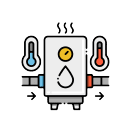


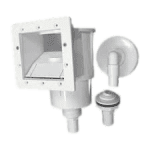


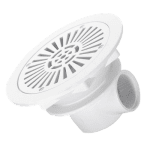





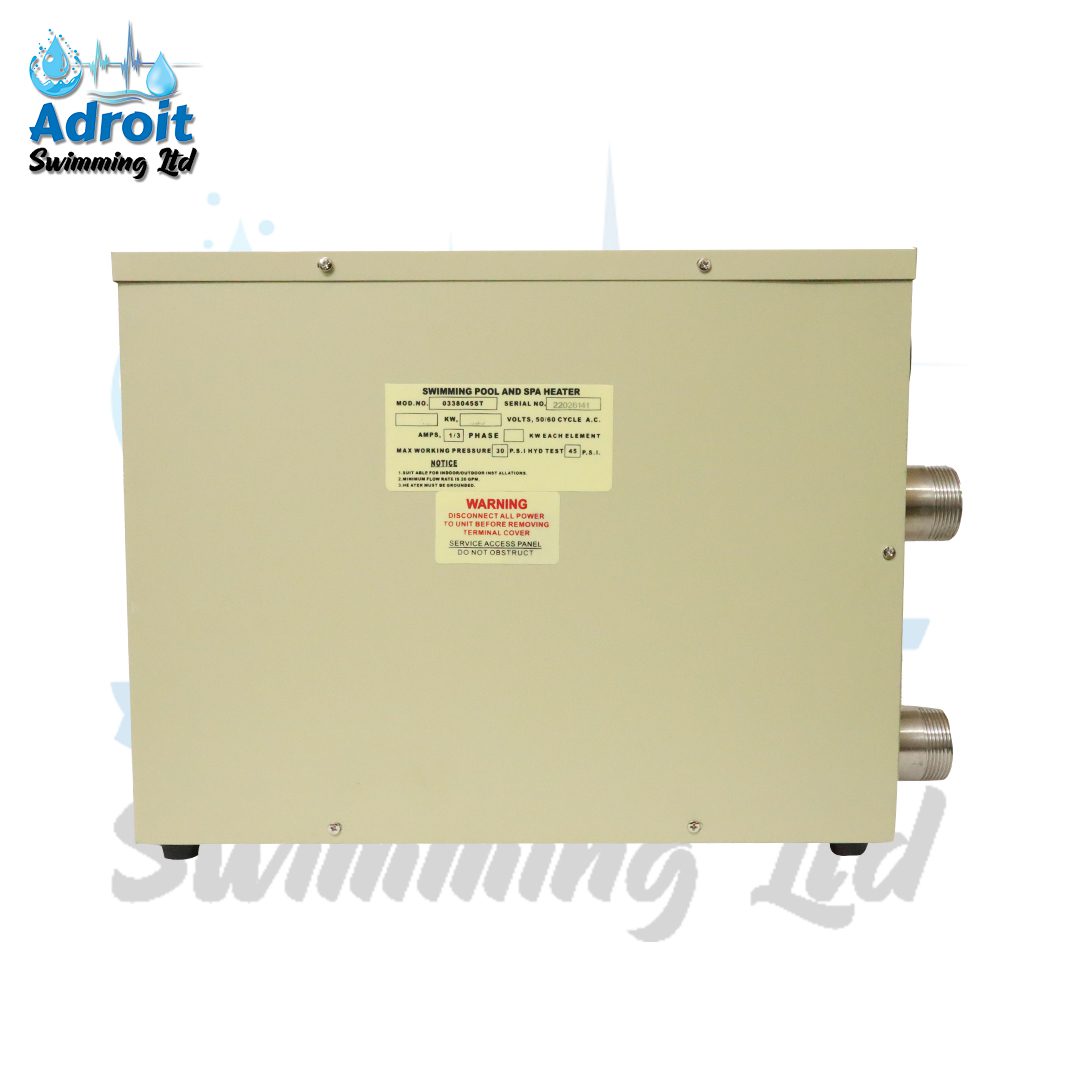
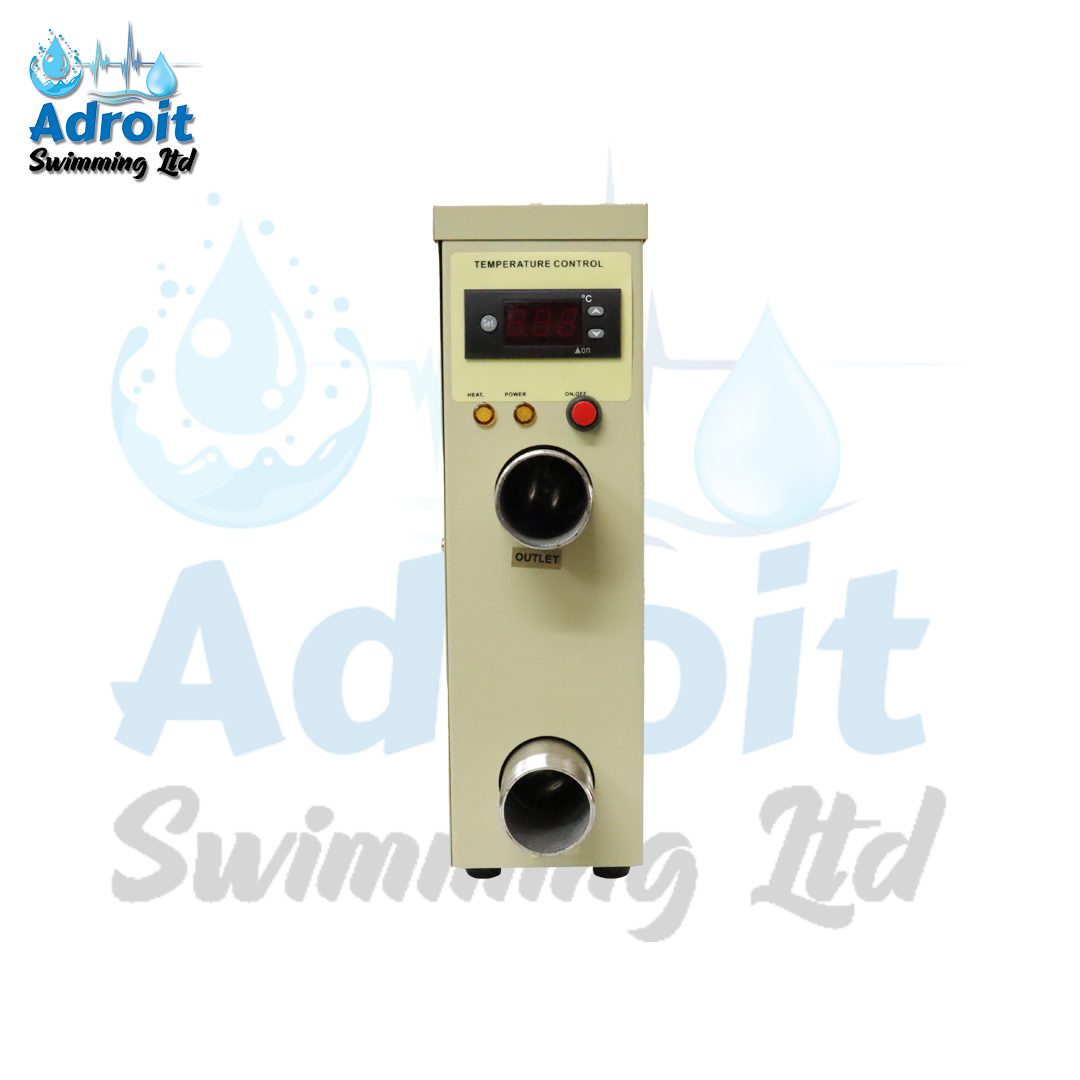
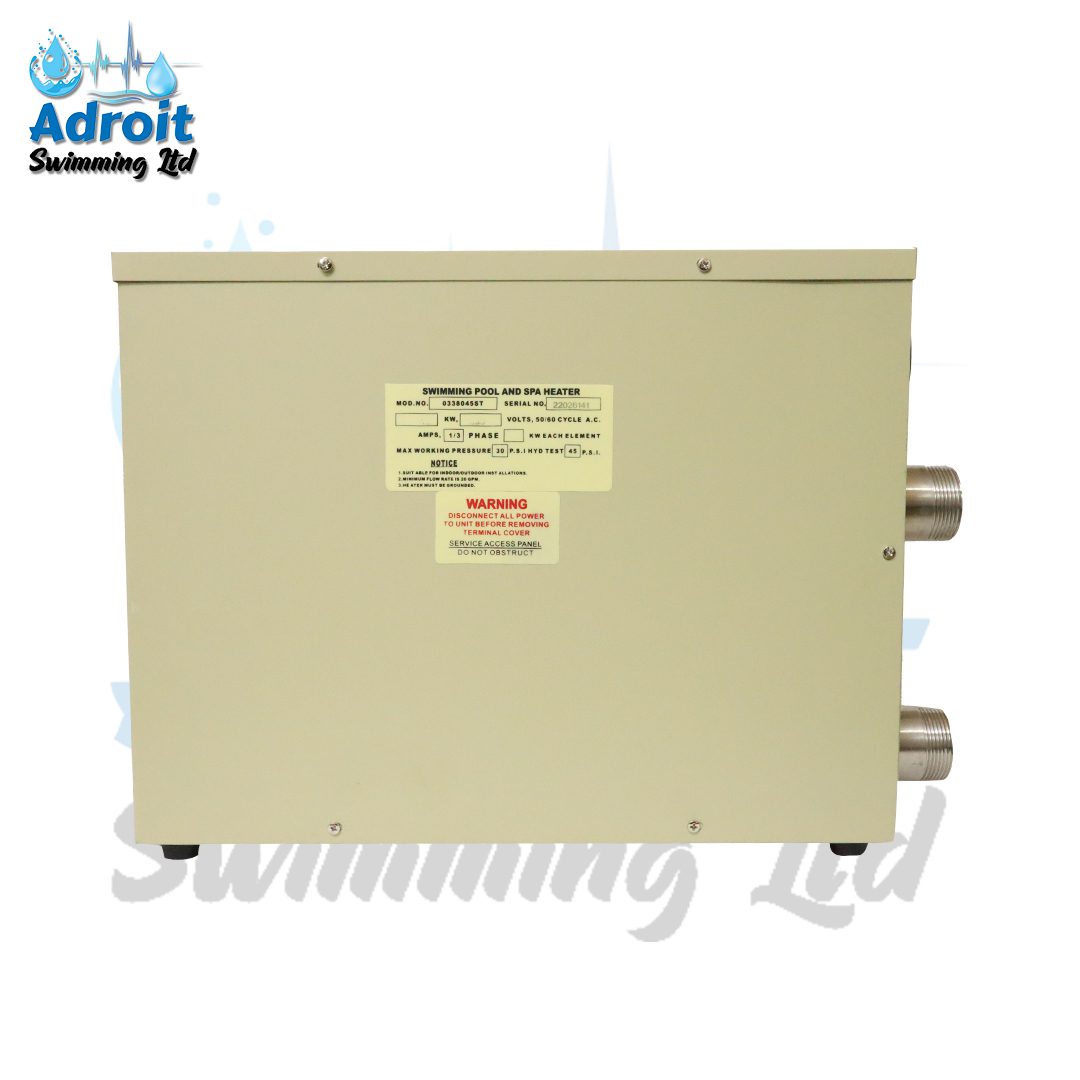
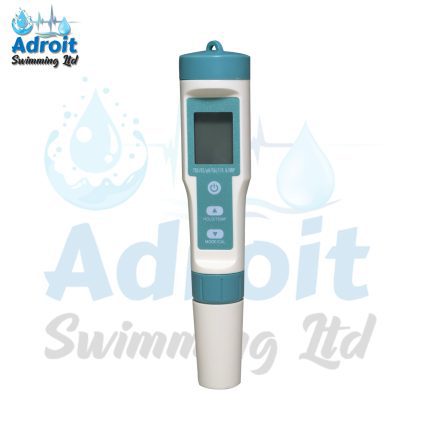
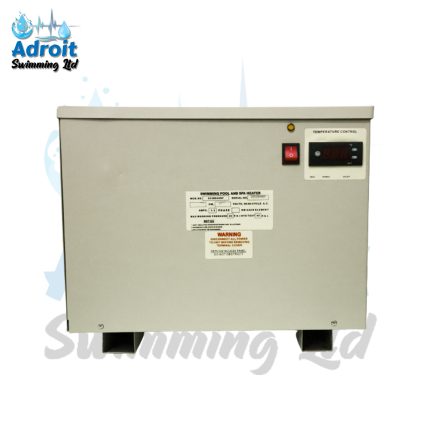
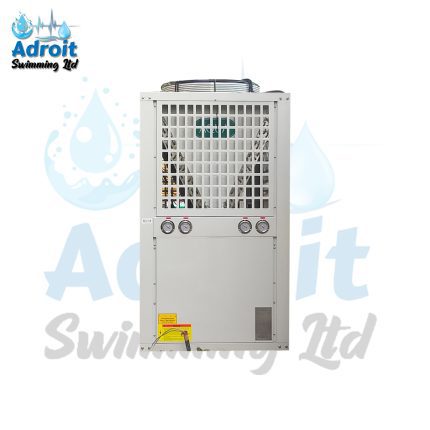
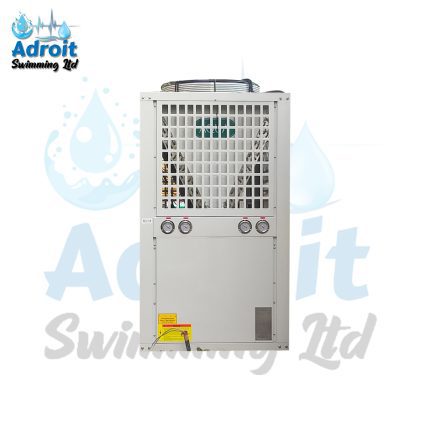
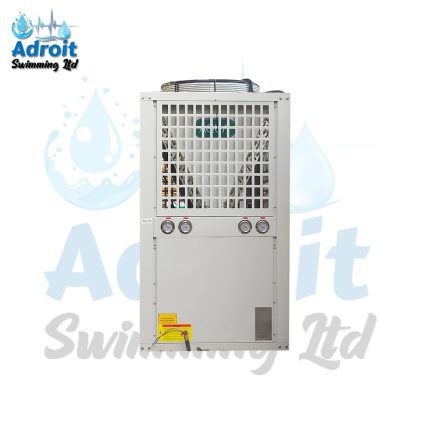

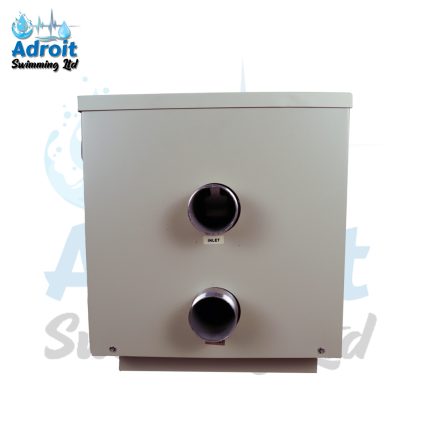
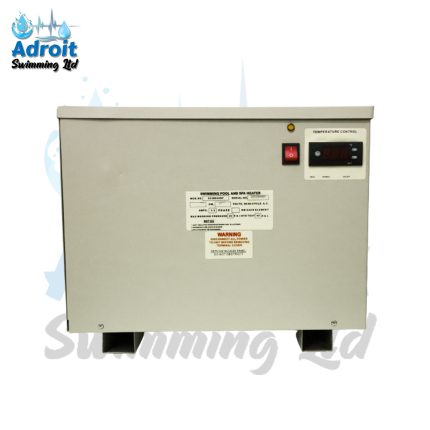
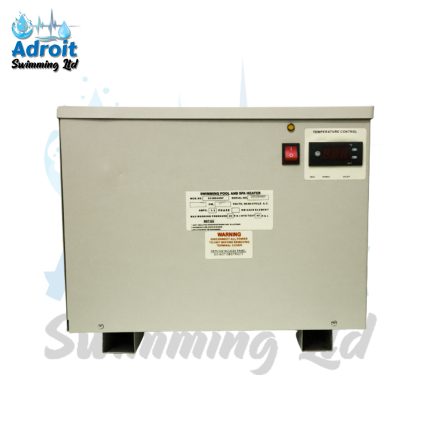
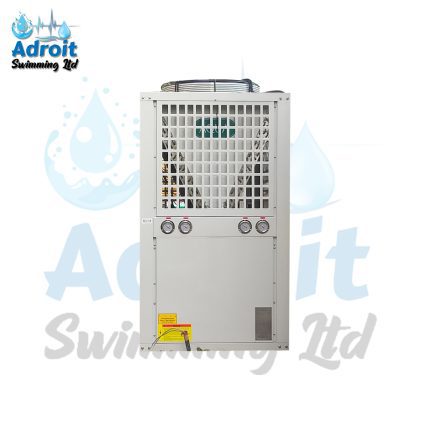
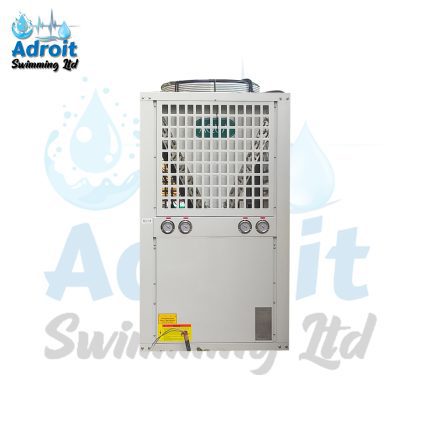
Reviews
There are no reviews yet.